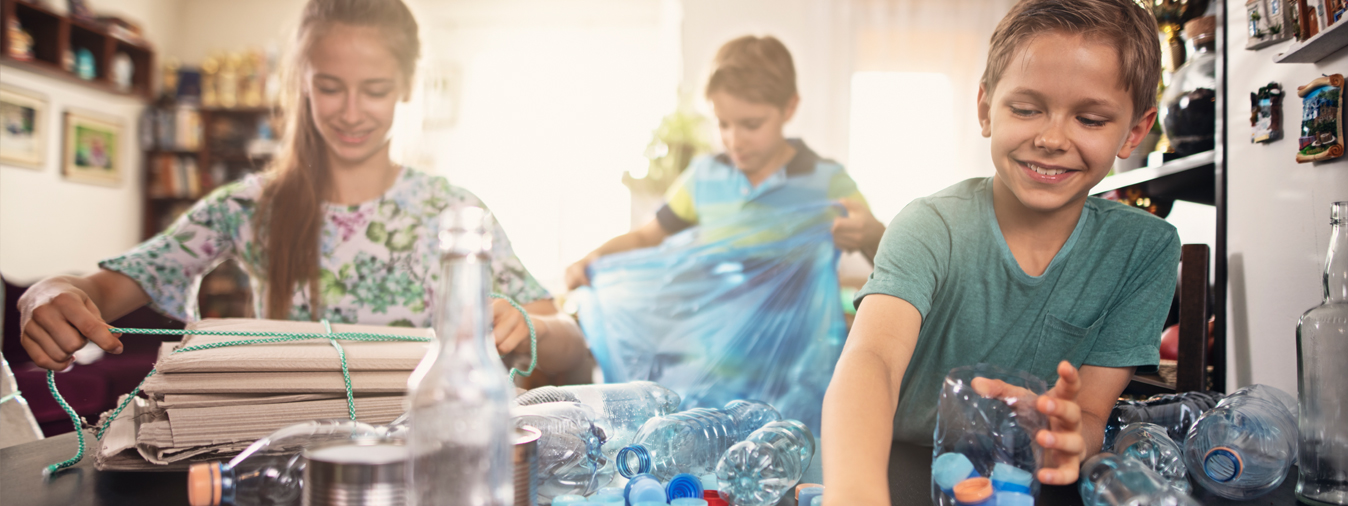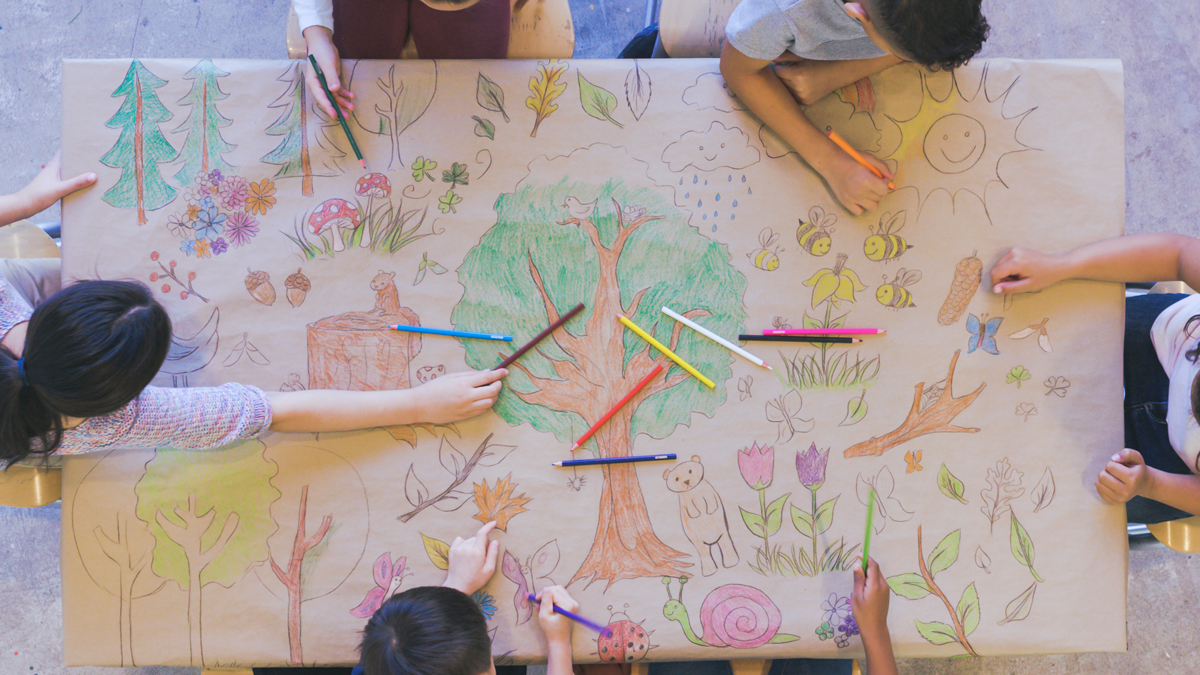
Fun ways to teach kids about sustainability
Talking about sustainability and environmental issues can be daunting at the best of times, but what can you do when it comes to trying to teach your kids about sustainability?
These days we’re never far from a newspaper headline or TV documentary highlighting the current climate crisis - a scary concept for most grown-ups to grasp let alone young minds. But our young people are taking notice. The recent school climate strikes are evidence of that.
Five easy tips for getting kids to be more sustainable around the home:
Set up a recycling station in your house with flashcards on the wall to show your children what the recycling symbols mean to help with separating rubbish.
Make a game out of spotting loose items to buy when out shopping rather than plastic wrapped.
Get competitive with energy-saving - switching lights or electricals off gets a point! Leave them on? You’ve lost two points! Winner gets to pick Friday night’s dinner.
Encourage them to let you know when toy batteries run out and let them put them in the recycling bin at the supermarket.
Lead by example - your kids are always learning from you. If they see you taking a reusable coffee cup into the cafe, topping up your water bottle from the tap or bringing your bags for the weekly shop it will normalise these habits.

Putting sustainability into practice
We chatted to three members of the Zero Waste Scotland team to find out how they approach sustainability with their own families and create small habits that help to minimise the impact we have on the environment...
Catherine: “When the kids are younger reading them stories with sustainable messages like ‘Peppa Pig: Recycling Fun’ or ‘Paw Patrol: Rocky is the Reuse Pup’ is a great way to get them interested in being more environmentally friendly.
After clearing out toys take a trip to the charity shop - you could even buy a new toy while you’re there to show that toys are just as good when they are pre-loved.
For the older ones, let them watch telly programmes like ‘War on Plastics’ and then ask their reaction to what they’ve just seen. Or, make a banana cake when the bananas go very ripe so as not to let any go to waste - it’s a great opportunity to start the food waste conversation.”
Andrew: “I think just making it normal for them and having your home life set up sustainably is the best, that way it’s what they know.
As soon as our son was old enough to use those wee shape sorting games, he was taught that the bins work the same – you put different rubbish in each one.
Same with passing stuff on. Help them to sort through what they have grown out of so that younger kids can use it, explain that it’s going off to have a new lease of life and let them be the ones to carry the bag into the charity shop.
Kids are smart and they get it easier than adults who’ve grown up in a different era.”
Claire: “I find that having a conversation about the issues is great, especially out and about in your local area, or a favourite place like a park or beach, where it’s meaningful.
Kids constantly amaze you with how much they know and how they can get to the heart of the matter often better than adults.
For example, we went for a walk around Bannockburn in the summer and were chatting about what we could see.
We spotted litter in the burn, and my daughter started talking about why you shouldn’t litter in the playground because it could be blown into burns and rivers, and make its way into the sea to end up being swallowed by fish or hurting turtles.
She basically told a compelling Blue Planet II-style story far better than I could. I was delighted to hear that they’re talking about these issues at school so at home you are reinforcing that.”
"Having your home life set up sustainably is the best, that way it’s what they know".
